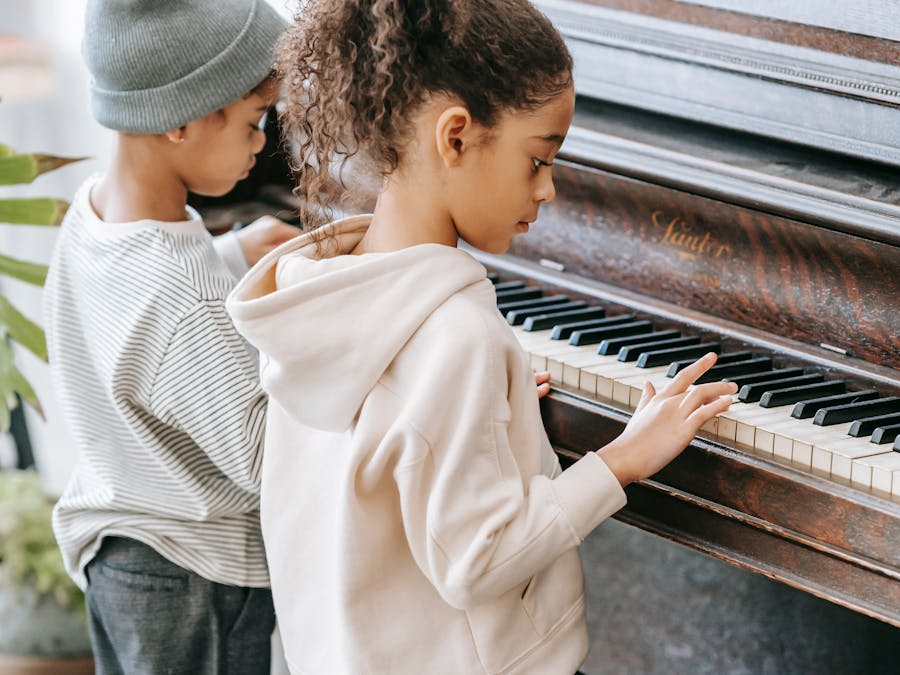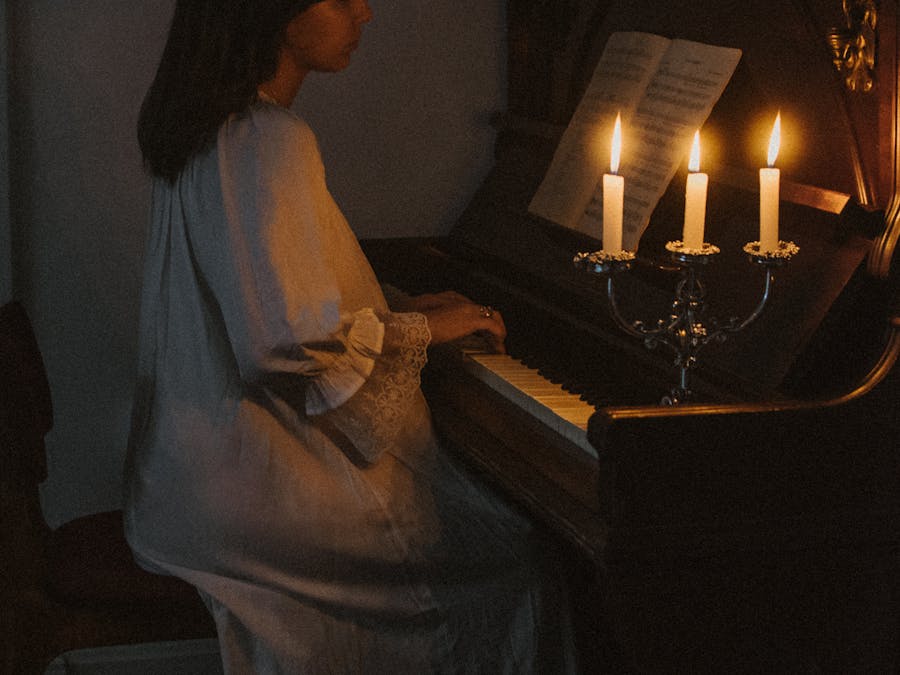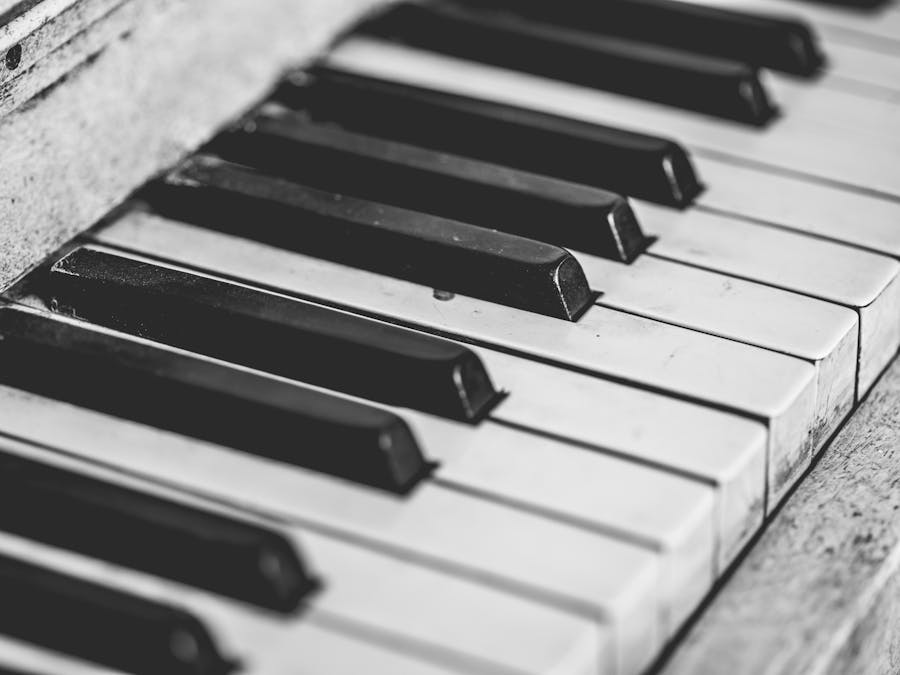 Piano Guidance
Piano Guidance
 Piano Guidance
Piano Guidance

 Photo: Marta Wave
Photo: Marta Wave
For older beginners (teenagers and adults), practice should be done about 30 minutes a day, 6 days a week. As their skills improve, it will be incredibly beneficial to increase the practice time to around 45 minutes to an hour.

Steinway pianos are typically quite a bit more expensive and can in some instances retail at twice the cost of Yamahas. So, if you're looking for a...
Read More »
The 6 Best Piano Books for Beginners Alfred's Basic Adult Piano Course. Alfred's Basic Piano Library. Primer Level – Lesson Book: Piano Adventures....
Read More »Improving your skills at the piano will take a significant amount of work and requires a great deal of practice. For some people, consistent practice can be difficult, while it is less frustrating for others. However, understanding the intricacies of piano practice can be beneficial to anyone. It is important to use the best possible techniques throughout practice to maximize the effectiveness of the session. There is no set rule for the amount of time required to practice piano and there is no point at which you have successfully “mastered” the piano. The amount of time that you should invest in practicing the piano will depend on your goals, your current skill level, and how serious you are about enhancing your piano playing skillset. Take all of these factors into consideration when you plan out your practice routine. As always, if you require assistance with your piano playing, feel free to contact us for advice.

According to Pauer, C minor is the key that is expressive of softness, longing, sadness, solemnity, dignified earnestness, and a passionate...
Read More »
Vladimir Horowitz (1903-1989) There's a strong case to be made for Vladimir Horowitz to be crowned the greatest pianist of all time. He made his...
Read More »The amount of time that a beginner should practice will depend primarily on the age of the individual. Younger children won’t have the attention span to practice effectively for longer periods of time. 15-20 minutes a day is generally enough for children around the age of 4 or 5. Though this may not seem like a sufficient amount of time to make improvements in skill level, it is important primarily because it will help children to develop the habit of practicing on a daily basis. For older beginners (teenagers and adults), practice should be done about 30 minutes a day, 6 days a week. As their skills improve, it will be incredibly beneficial to increase the practice time to around 45 minutes to an hour. This is because it will be necessary to take the time to maintain the skill level, as well as improve it. This is also around the point where regular methodology practice should be incorporated into the regular practice session.

Public domain songs: The website PDInfo not only has information about copyright law; it also lists all the songs available in the public domain....
Read More »
No, you aren't too old to play music. It's an old myth. As an adult you even have many advantages over children in learning to play music. Apr 22,...
Read More »Professional pianists have to spend far more time practicing the piano than the general hobbyist. Not only will they have to maintain an incredibly advanced skill level, but they will also need to make an effort to improve these skills. Most professional pianists practice around 3-4 hours a day, though they may have had to practice as much as 8 hours a day to get to their current skill level. In addition to the amount of time that they have to spend practicing the piano and honing their skills, many professional pianists have to dedicate time to self-marketing. It takes a significant amount of dedication to play the piano at a professional level. Regularly practicing the piano is absolutely vital. Not only will it allow you to maintain your current skill level, but practice is really the only way to improve. The ideal piano can be incredibly beneficial to your practice. The right piano for you can depend on many different factors, including the player’s skill level, the amount of time they intend to play the piano, and many more factors. Our experienced professionals are knowledgeable regarding the various types of pianos and can help you find the superior piano to meet all of your needs. To learn more about the services that we offer, contact us at Ogden Piano Gallery today!

Bassoon Bassoon: This is the largest of the woodwind instruments. It has the lowest pitch. Some people think of this instrument as the clown of the...
Read More »
The primary difference between the Premium and Premium Plus memberships is in the access you have to song lessons. For example, with a Premium Plus...
Read More »
Developing carpal tunnel syndrome is a serious problem for piano players. The weakness, numbness, and tingling in the hands caused by carpal tunnel...
Read More »
Historically, classical composers felt that D minor was the most melancholy of the keys, suitable for lamentations, dirges and requiems. Aug 23, 2017
Read More »